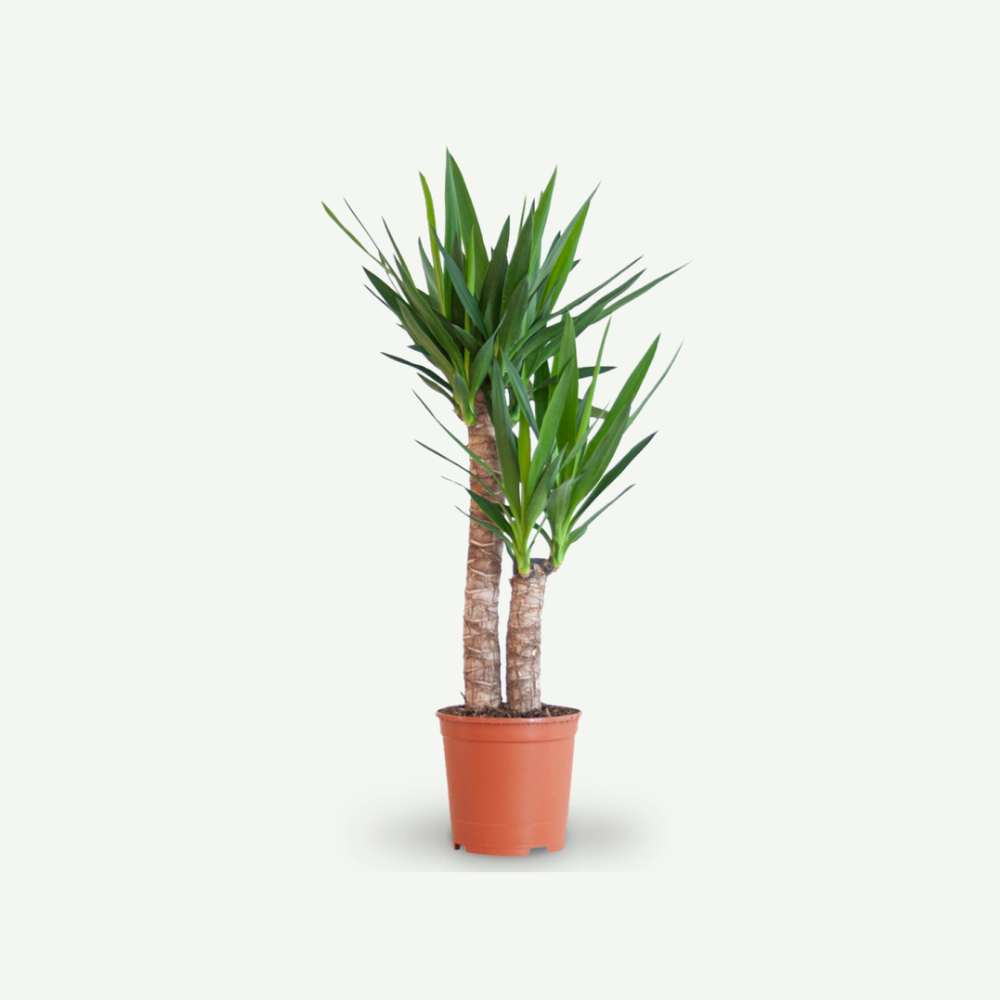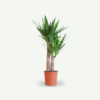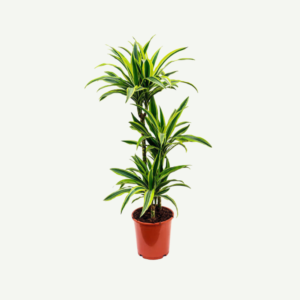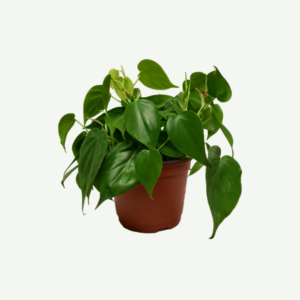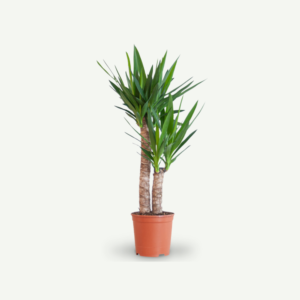Yucca elephantipes, commonly known as the Spineless Yucca, Giant Yucca, or Soft-tip Yucca. It is a popular and attractive indoor and outdoor plant belonging to the Agavaceae family. Despite its name, the Spineless Yucca is not a true yucca but belongs to the Yucca genus.
Care of Yucca elephantipes:
Light Requirements: Provide bright, indirect light for indoor Yucca elephantipes. It can tolerate some direct sunlight, but avoid placing it in intense, hot sunlight, as it may scorch the leaves. Outdoors, it thrives in full sun to partial shade.
Temperature: This plant prefers temperatures between 60°F to 80°F (15°C to 27°C) and is relatively cold-tolerant, withstanding temperatures down to 30°F (-1°C) for short periods.
Watering: Allow the top inch or two of the soil to dry before watering. Yucca plants are drought-tolerant and prefer being under-watered rather than over-watered, as they are susceptible to root rot in waterlogged soil.
Soil: Plant Yucca elephantipes in well-draining soil, as it does not tolerate soggy conditions.
Humidity: These plants are adaptable to average indoor humidity levels.
Fertilizer: Feed the plant with a balanced, water-soluble fertilizer during the growing season (spring and summer) every 2-4 weeks. Reduce or stop fertilizing in the winter when growth slows down.
Pruning: Trim off any dead or yellowing leaves at the base of the plant to maintain its appearance.
Propagation: This plant can be propagated through stem cuttings or by separating offsets or pups that develop at the base of mature plants.
Characteristics of Yucca elephantipes:
Appearance: Yucca is a striking plant with a tree-like appearance, featuring a thick, woody stem or trunk and long, sword-shaped leaves that radiate from the top. The leaves are leathery and have a smooth, soft tip, which distinguishes it from other yucca species with sharp spines.
Indoor and Outdoor Plant: This plant is commonly grown as both an indoor and outdoor plant, depending on the climate and growing conditions.
Toxicity: These plants are mildly toxic if ingested, so keep them out of reach of pets and children.
Yucca elephantipes is valued for its architectural appeal and low-maintenance nature, making it a popular choice for modern landscapes and indoor spaces. With its striking form and ability to adapt to various conditions, it can be an eye-catching addition to your home or garden.
